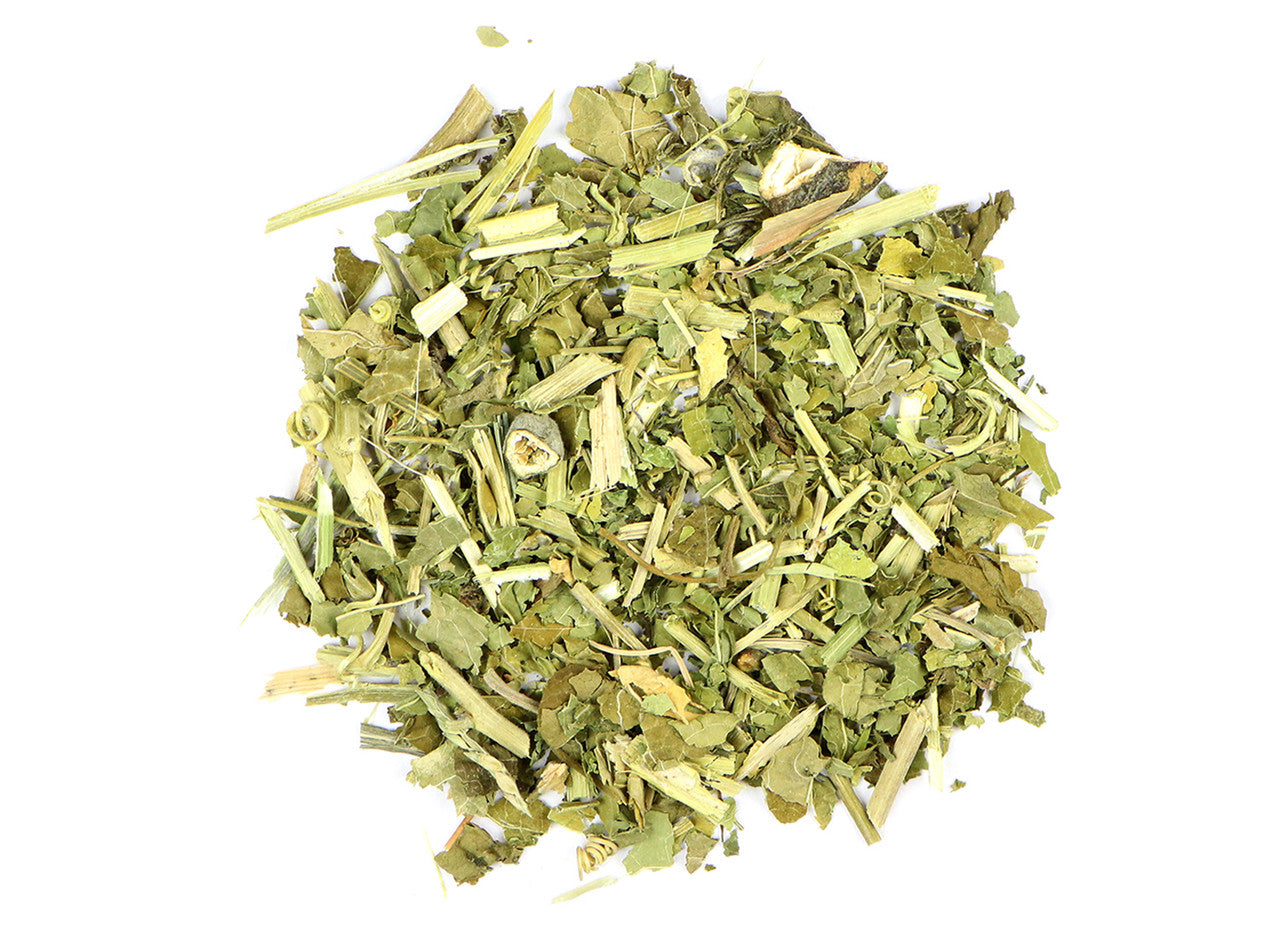
Healing Herbals
Organic Passion Flower
Organic Passion Flower
Couldn't load pickup availability
Passionflower (Passiflora incarnata)
Our Passionflower is humanely hand-harvested from the Passiflora incarnata plant, a botanical that has been valued in traditional herbal medicine for centuries. Its mild, earthy taste lends itself well to those who like to make teas, combinations, or homemade tinctures.
Instructions:
- Tea: Infuse 1–2 teaspoons in hot water for 5–10 minutes.
- Blends: Mix with other herbs to make your own creations.
-
Custom Preparations: Tinctures or extracts.
Ingredients:
100% Passionflower (Passiflora incarnata).
As with all herbs that occur naturally, taste and potency can differ slightly batch to batch. Begin with a light dose and adjust according to your taste.
Disclaimer: This product is not reviewed by the FDA. Not intended to diagnose, treat, cure or prevent disease. Consult a medical practitioner prior to use.
Share


Here at Healing Herbals Store
We carefully select suppliers who share our commitment to environmental stewardship and minimize waste through eco-conscious or reused packaging whenever possible. We prioritize supporting fair labor practices and are currently investing in regenerative farming methods, so every product reflects our dedication to both quality and the health of our planet. Shop now!

